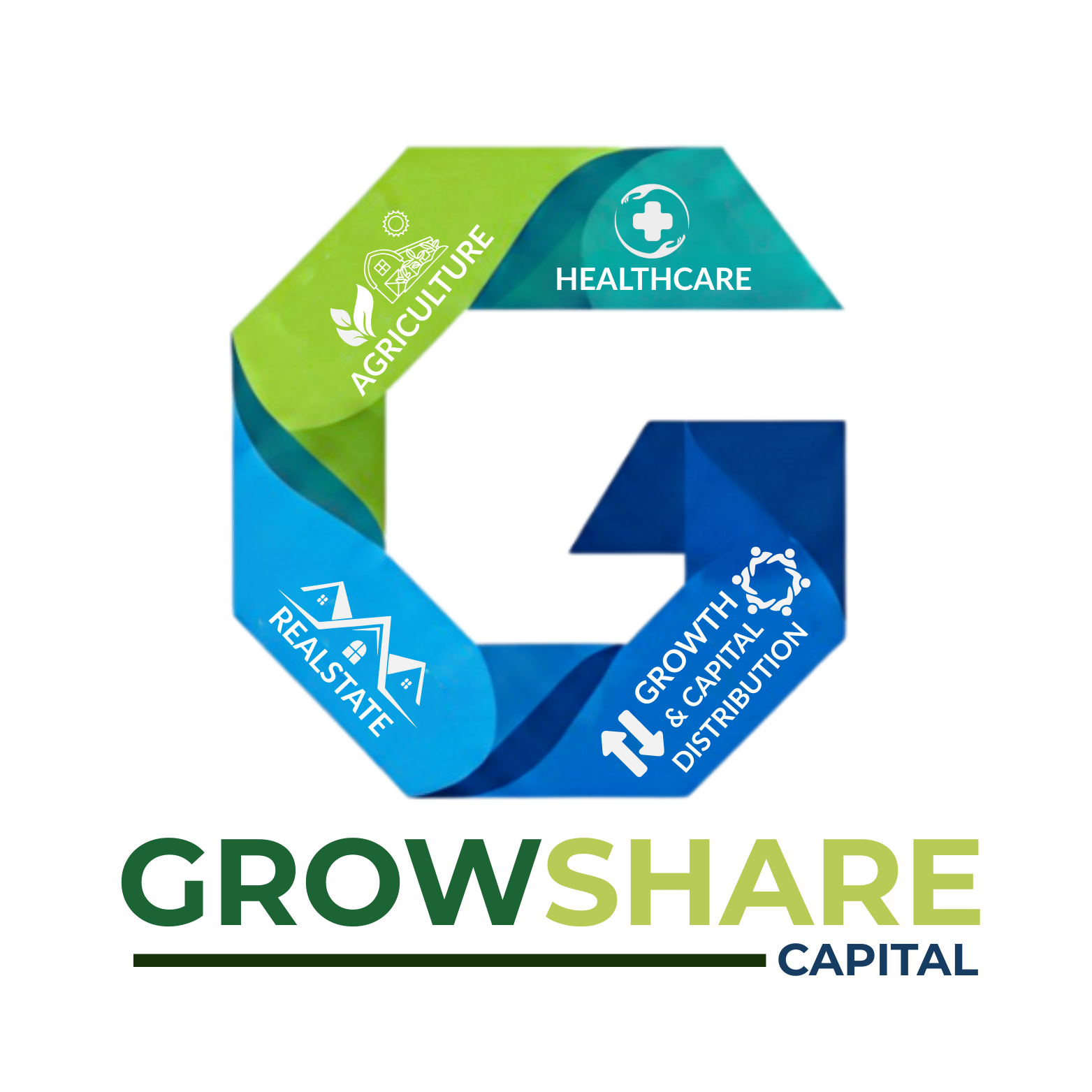Act I – The Underutilized Fields
Across our cities and rural edges, parcels of land sit idle and silent with both abandonment and possibility. Beneath the weeds lies our stories of faith, our migration, and our right to belong.
Food access is fragile for many households. We often rely on imported food that is expensive, unhealthy, industrially processed, and disconnected from our values of purity, justice, and stewardship. In neighborhoods from Memphis to Raleigh-Durham and Orlando, families seek affordable, authentic, high-quality meat and fresh local food. New immigrants arrive skilled in farming but lack land, youth search for identity and meaningful work, and elders watch culturally relevant foods slip away.
For many immigrant families, the land was the first teacher and classroom. It taught resilience in drought, gratitude in harvest, and patience through seasons. Yet, in the process of settling and surviving in America, we have become distant from our sacred rhythm.
These forgotten fields are unanswered prayers and unclaimed opportunities. Every unused acre could feed families, every neglected lot could support livestock, and every fallow field could become the foundation of a resilient food future that creates jobs, rebuilds connections, and strengthens our faith.
Act II – The Vision: Farming as Faith in Action
In many traditions, cultivation is worship. To farm is spiritual labor. It is to engage in trust that what you sow with sincerity will be multiplied by divine mercy, patience, and excellence in all things.
Imagine a model where local believers, entrepreneurs, and families unite through a cooperative framework powered by small investments and shared purpose, such as the Community Food & Livestock Fund.
This model translates faith into worldly responsibility, as it aims to transform supporters into shareholders, turn prayer into productivity, and make the land our legacy—a space of learning, ownership, and dignity where food, faith, and finance intersect for collective benefit.
Act III – The Impact of Faith, Food, and the Future
A local food system is about more than what we eat; it’s about how we live. It’s about reclaiming agency, rewriting the story of who feeds our communities, and ensuring our spiritual ethics shape our economy.
The Harvest Beyond the Field:
A single 5-acre farm can become a powerhouse of community value:
- Produce 20,000+ lbs of specialty meat per year.
- Create jobs for 10-15 families while fostering entrepreneurship.
- Protect the planet through faith-guided sustainability.
- Preserve culture, identity, and food sovereignty.
As this model expands across cities like Memphis, Raleigh-Durham, and Orlando, it will reduce dependence on imports, stabilize food prices, and build a self-sufficient, community-centric food ecosystem where each dollar stays within the neighborhood.
Act III – The Impact of Faith, Food, and the Future
A local food system is about more than what we eat; it’s about how we live. It’s about reclaiming agency, rewriting the story of who feeds our communities, and ensuring our spiritual ethics shape our economy.
We invite community organizations to expand their services to include agriculture and healthy food. We invite impact investors to join an asset-backed investment that grows wealth and well-being at once. And we invite families to sponsor livestock, support local farms, and teach their children to pray with their hands in the soil.
Together, we can reclaim our food system as one grounded in the land beneath us and the faith within us. Together, we can build a system where the food that nourishes our bodies also nourishes our souls. Together, we can turn these underutilized fields into our living legacy. The future we desire is the one we plant.
About the Author

Brittney Sessoms
Founder, Charlotte & Pickens
Brittney Shelby Sessoms is a cultural preservationist, southern storyteller, and food sovereignty leader who embodies the spirit of the traditional Black Southern matriarch. As founder of Charlotte & Pickens, she brings a unique blend of old soul wisdom and contemporary vision to her work, addressing modern food justice challenges through the lens of ancestral knowledge.

